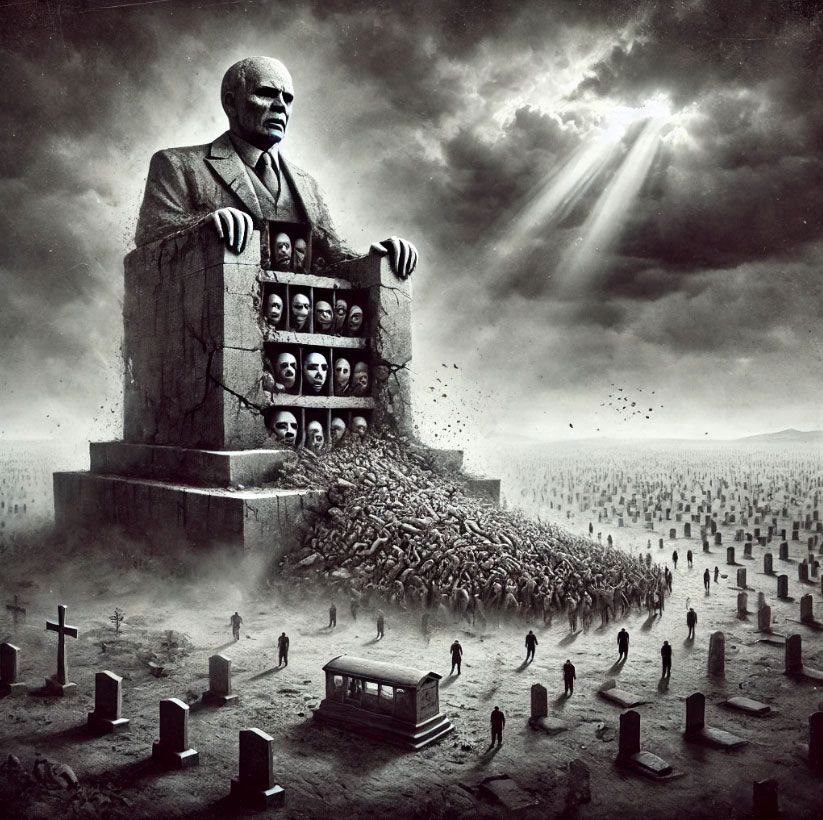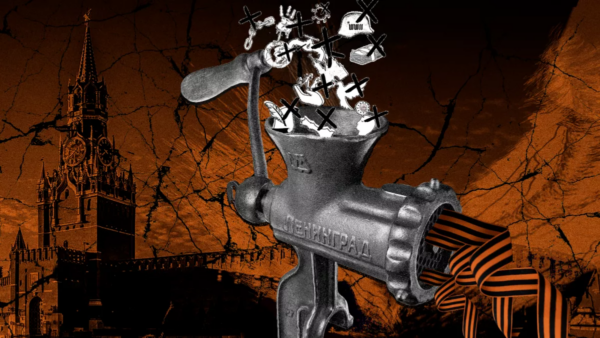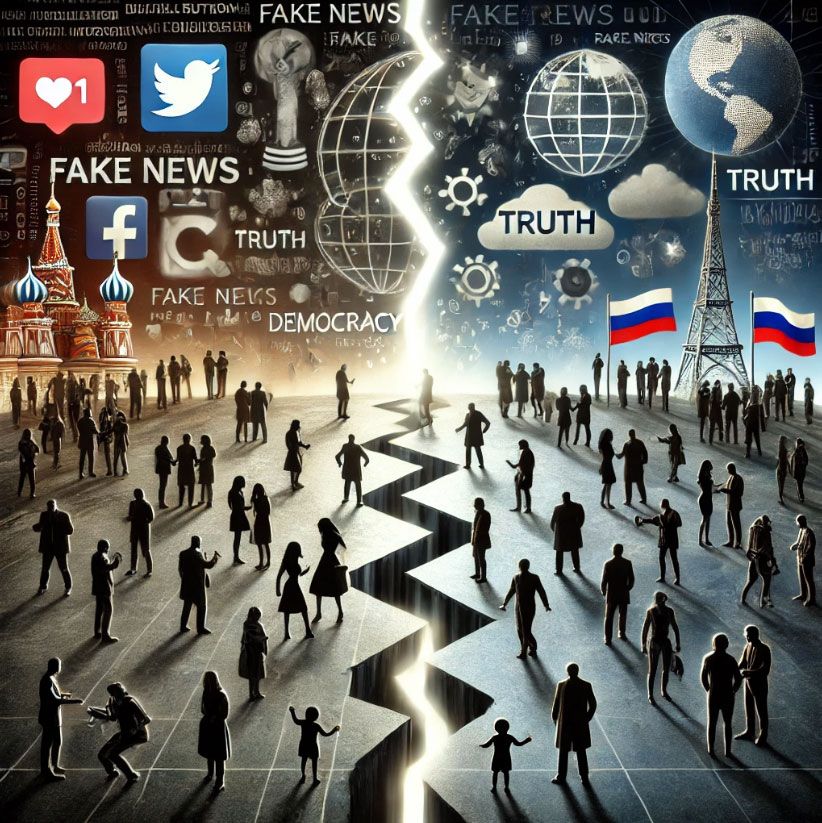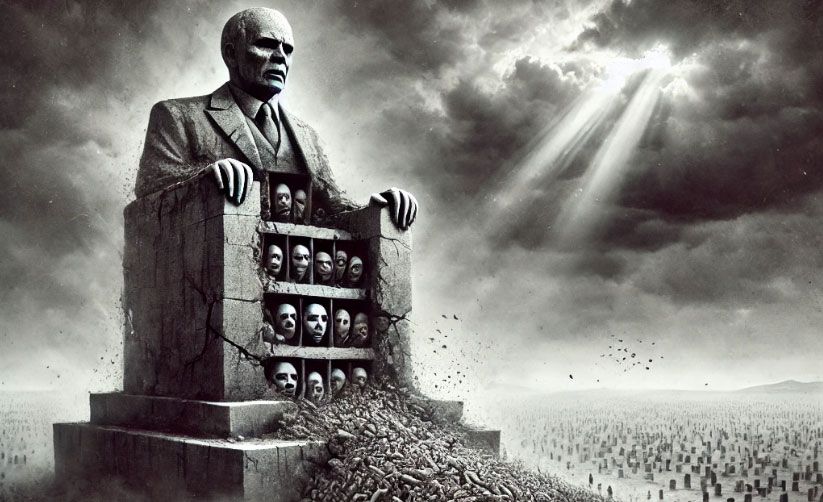The Bolshevik Vision: Propaganda for Progress
In the wake of the 1917 Bolshevik Revolution, propaganda was presented as a noble endeavor aimed at elevating a largely illiterate population. The early Soviet state invested in mass literacy campaigns, workers' education, and the dissemination of Marxist-Leninist ideals.
Through vibrant posters, compelling cinema, and simplified texts, propaganda sought to inspire a collective vision of a just and equitable society. For a brief moment, it seemed to offer a pathway to progress, bringing the promise of empowerment and education to millions.
However, this idealistic vision soon gave way to a darker reality. Propaganda shifted from an educational tool to an instrument of control. Under Stalin, the state wielded propaganda to justify purges, silence dissent, and create a cult of personality.
What began as a tool for enlightenment became a weapon of coercion, betraying the regime’s growing insecurity. The need to control narratives at such an exhaustive scale underscored a fundamental weakness: a legitimate, just government would not require such totalitarian measures to maintain its grip on power.
The Corrosive Nature of Propaganda
The transition from uplifting to corrosive propaganda illustrates its destructive potential:
- Erosion of Trust: By inundating the public with distorted truths and outright lies, propaganda erodes trust—not only in the state but also within communities. In the Soviet Union, a culture of surveillance and suspicion flourished, where neighbors and even family members were compelled to betray one another under the weight of state narratives.
- Suppression of Civic Potential: Propaganda that enforces conformity stifles creativity, dialogue, and dissent. It eliminates the possibility of constructive criticism and self-correction, creating a brittle society incapable of adapting to new challenges. Instead of fostering innovation, it fosters fear.
- Normalization of Atrocities: The most insidious function of propaganda is its ability to dehumanize. By framing dissenters as enemies of the state, propaganda justifies violence, purges, and even mass executions. The Soviet Union’s mass graves stand as harrowing reminders of a regime that prioritized ideological purity over human life.
Mass Graves: The Ultimate Failure of Propaganda
Governments that end in mass graves commit a profound betrayal of humanity. The Soviet regime, which claimed to champion the working class and create a just society, instead resorted to exterminating those deemed threats to its vision.
The same propaganda that promised liberation was used to justify the imprisonment and execution of millions in gulags and purges.
A government that must annihilate its own citizens to survive cannot claim moral legitimacy. Such actions reveal a profound weakness: the inability to reconcile its ideals with the realities of human diversity, dissent, and complexity.
Propaganda becomes a smokescreen for state-sanctioned violence, an elaborate justification for crimes against humanity.
Modern Echoes: Russia’s Contemporary Propaganda
The corrosive legacy of Soviet propaganda persists in modern Russia under Vladimir Putin. The Kremlin’s sophisticated disinformation campaigns, both domestically and internationally, echo the insecurities of its Soviet predecessor.
Domestically, state-controlled media perpetuates narratives that suppress dissent and stoke nationalism. Internationally, Russian propaganda sows discord and confusion, undermining democratic institutions and polarizing societies.
This reliance on disinformation signals deep insecurity. A state confident in its legitimacy and strength would not fear alternative narratives. The obsessive need to control the story—from suppressing protests to manipulating global opinion—reveals a fragile foundation.
Just as Soviet propaganda failed to create a sustainable, just society, modern Russian propaganda corrodes its society from within while destabilizing others abroad.
A Broader Lesson: Propaganda as a Double-Edged Sword
Propaganda is often mistaken for strength, but its overuse is a hallmark of weakness. Strong, just societies rely on transparency, open dialogue, and trust, rather than coercion and manipulation. The more a regime depends on propaganda to maintain its narrative, the more it reveals its fear of dissent and its inability to withstand scrutiny.
Actionable Takeaways
- Critical Media Consumption: Readers should cultivate media literacy skills to recognize and resist propaganda, both in authoritarian regimes and within their own societies.
- Advocating for Transparency: Support for transparent governance and free speech is vital to countering the corrosive effects of propaganda.
- Remembering History: Understanding the historical consequences of propaganda, from mass graves to societal erosion, helps prevent history from repeating itself.
Propaganda, when wielded as a weapon of control, corrodes not only the society it targets but also the state that wields it. The lesson from Russia’s history, both Soviet and modern, is clear: propaganda may offer short-term control, but it ultimately undermines the pursuit of justice and humanity.
Governments that rely on it will inevitably find themselves exposed—not as strong and secure, but as weak and deeply flawed.















